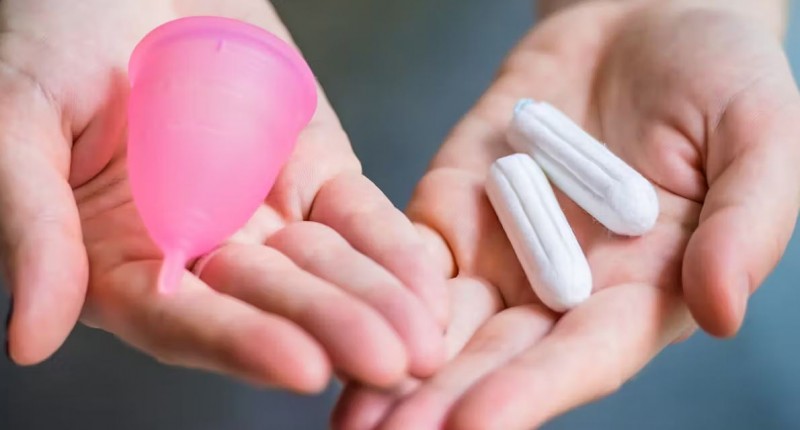
Tampons are a popular choice among women for menstrual hygiene due to their convenience and comfort. However, recent studies have raised concerns about the safety of these products. Here’s a detailed look at the potential risks associated with tampon use and what women should consider.
The Study Findings
A recent report examined tampons from 14 different brands, totaling 30 samples, and found alarming results. All tested tampons contained hazardous metals, including arsenic, lead, cadmium, chromium, and nickel, among others. These metals can have severe health implications, especially with prolonged exposure. The study highlights the need for more research into the types and amounts of chemicals in tampons, as current information is limited.
Health Risks Associated with Tampons
Toxic Shock Syndrome (TSS): One of the most serious risks linked to tampon use is toxic shock syndrome, a rare but life-threatening condition. TSS can occur when bacteria produce toxins in the bloodstream, leading to symptoms such as fever, rash, and organ failure. Women using super-absorbent tampons are at a higher risk.
Infections: Tampons can alter the natural vaginal flora and reduce air circulation in the area, potentially leading to bacterial growth. This can result in infections, irritations, or allergic reactions, which may manifest as itching, burning, or discomfort.
Long-Term Health Implications: The presence of heavy metals in tampons raises concerns about long-term exposure, which may contribute to chronic health issues. Some metals are known to be toxic and can accumulate in the body over time.
Alternative Options
Given the potential risks associated with tampons, women may consider safer alternatives:
Menstrual Cups: Made from medical-grade silicone, rubber, or thermoplastic elastomer, menstrual cups are reusable and can be more sustainable. They can hold more fluid than tampons and do not pose the same risks of TSS.
Organic Cotton Pads: These pads are made without harmful chemicals and are biodegradable, offering a safer and eco-friendly option.
Period Underwear: This innovative product absorbs menstrual flow and can be worn alone or as backup protection with other products.
Making Informed Choices
Women should be proactive in understanding the products they use during menstruation. When selecting feminine hygiene products, consider the following:
Research Brands: Look for brands that provide transparency about their ingredients and conduct safety testing.
Consult Healthcare Providers: If you experience any unusual symptoms during or after menstruation, consult a healthcare professional for guidance.
Stay Informed: Keep up with the latest research regarding menstrual products and their safety.
While tampons have been a go-to for many women, recent findings suggest a need for caution. Understanding the potential risks and exploring safer alternatives can empower women to make informed choices about their menstrual health. Prioritizing safety and awareness can lead to better health outcomes and a more comfortable menstrual experience.
Monsoon Precautions for Pregnant Women: Stay Safe with These Expert Tips
High Cholesterol: A Silent Killer That Can Lead to Heart Attack and Stroke
Government Initiatives in Health Insurance: What You Should Know